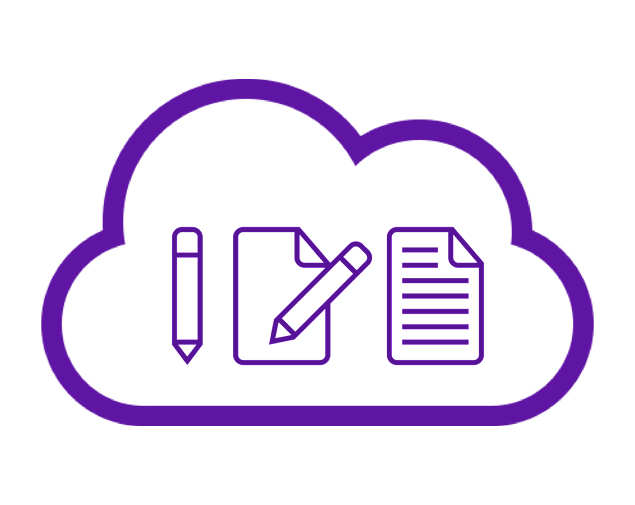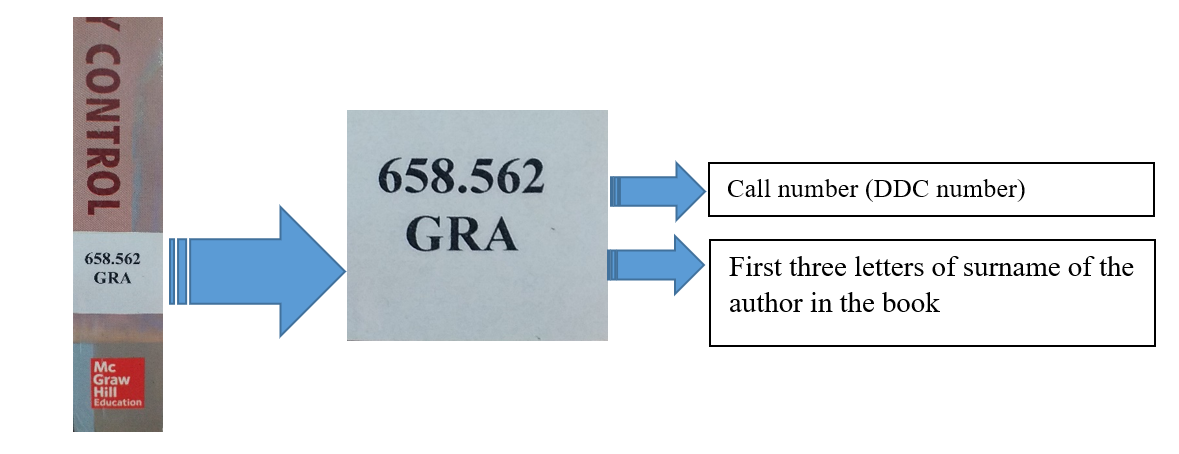Resource URL : https://library.upei.ca/web_info
Planning Your Search Strategy
A well-planned search strategy greatly improves the chances of finding the information you need.
- Define the topicin your own words. It can be helpful to state the topic in the form of a question, e.g., what are the effects of television violence on children?
- Identify the main concepts and keywords.For the topic, what are the effects of television violence on children? the main concepts would be: television, violence, children.
- Refine your search terms.
Consider:
- synonyms/different forms of keywords, e.g., tv in addition to television
- alternative spellings. Consider British vs. American spellings, e.g., labour/labor, and even mis-spellings, e.g., geneology vs. genealogy
- truncation and wildcards, e.g., child* will retrieve child, children; wom*n will retrieve woman, women
- Combine the terms
AND (+) retrieves records with both terms, e.g., television AND violence
OR retrieves records with either term, e.g., television OR tv
NOT (-) retrieves records with the first term but not the second, e.g., child* NOT adolescent*
NEAR retrieves records with terms within a certain number of words of each other, e.g., television NEAR violence
Also Consider:
- phrase searching--the use of quotation marks to ensure that words appear immediately next to each other, e.g.,"television violence"
- nesting--the use of round brackets to specify the order in which searching should be done, e.g., ("television violence " OR "tv violence") AND child*
- field searching. Depending on the search engine, you may be able to search by one or more fields (specific portions of a webpage), such as title, URL, etc.
- Construct the search strategy
For: what are the effects of television violence on children?
One strategy could be: (television OR tv) AND violence AND child*
Searching the Web
There are essentially three types of tools to use when searching the Web, i.e., subject directories, search engines, and meta-search tools.
Subject directories are lists of selected Web resources arranged by topic in a hierarchical way. These small databases are compiled by human beings, so are comparatively small, and can sometimes get out of date quickly. Search results are usually highly relevant, however.
Use subject directories when looking for:
- general information on a subject
- a popular topic
- a broad topic
- a specialized database
- a metapage (a website created by a subject expert or other interested party who collects URLs and makes them available from one site)
Selected Subject Directories
Search Engines are word-by-word indexes of web resources gathered by a computer program. These databases are substantially larger and more current than subject directories. Finding relevant documents can be more difficult, however. Use search engines when looking for specific information, or information on a current topic.
Selected Search Engines
Meta-Search Tools allow you to search several tools at one time. They speed up the search process and are useful for searches with unique terms. However, they lack access to all the advanced search features the individual tools provide and might present only the first few results from each tool.
Selected Meta-Search Tools
Web Searching Tips
- Use more than one search tool
- Look for Help information from each tool's website, or look for a tip sheet or chart showing the details of the various tools
- Don't bog down in any search strategy which doesn't work
- Remember: the information you’re seeking may not be available for free on the Web
Try this Web Searching Tutorial:
Bare Bones 101 (University of South Carolina)
A basic tutorial on searching the Web.
http://www.sc.edu/beaufort/library/pages/bones/bones.shtml
Looking for More Information on Searching the Web?
The Extreme Searcher's Internet Handbook : A Guide for the Serious Searcher / Randolph Hock
E-book
Finding Information on the Internet (University of California, Berkeley)
http://www.lib.berkeley.edu/TeachingLib/Guides/Internet/FindInfo.html
Google Search Secrets / Michael P. Sauers and Christa Burns
E-book
An Introduction to Search Engines and Web Navigation / Mark Levene
E-book
Search Tools Chart (InfoPeople)
https://infopeople.org/content/best-search-tools-chart
Evaluating Web Information
The quality of information found on the World Wide Web varies greatly. Therefore, it is extremely important to critically evaluate information you find on the Web. Consider the following criteria:
- Accuracy
- Authority
- Objectivity
- Currency
- Coverage
- Site design
Accuracy
- Is the information reliable and error-free?
- Is there a bibliography? If so, consider the quality of sources cited.
- Is the information fact or opinion?
- Are there grammatical or spelling errors?
Authority
- Is the page signed?
- Is the author qualified? What experience or formal credentials does the person have? Has the author written anything else on this topic?
- Can the author be contacted by phone and mail, as well as by email?
- Who is the sponsor/publisher? Reputable?
Objectivity
- Does the information show a minimum of bias?
- What is the purpose of the webpage?
- Is there any advertising on the page? If so, is it separate from the informational content?
Currency
- When was the information originally presented?
- How often is it updated?
- How current are the links? Have some expired or moved?
Coverage
- What topics are covered?
- What does this page offer that is not found elsewhere?
- How in-depth is the material?
Site Design
- Is the website well organized? Is it easy to navigate within the site?
- Is special software required to access all the features of the site?
- Is the color scheme appealing?
- Do graphics enhance the content, rather than distract?
Try this Web Evaluation Tutorial:
Evaluating Web Sites (Ohio State University)
Brief tutorial introducing the techniques for judging the value of websites for research purposes.
http://liblearn.osu.edu/tutor/les1/
Looking for More Information on Web Evaluation?
Evaluating Information Found on the Internet (Elizabeth E. Kirk, Johns Hopkins University)
http://guides.library.jhu.edu/evaluate
Evaluating Internet Research Sources (Robert Harris) http://www.virtualsalt.com/evalu8it.htm
















